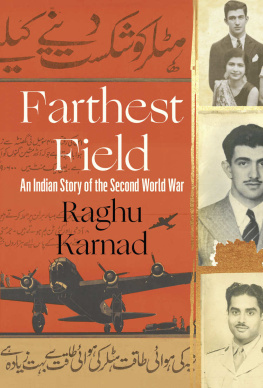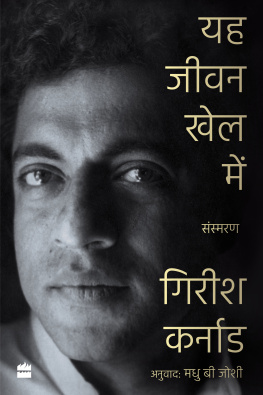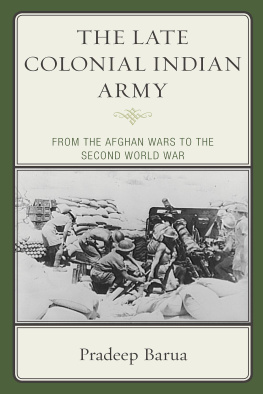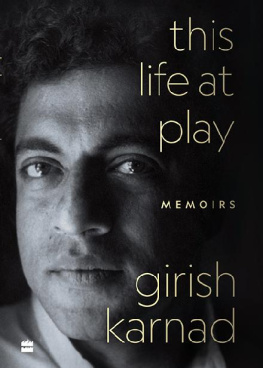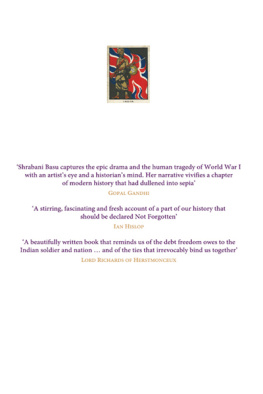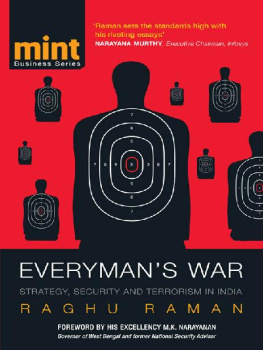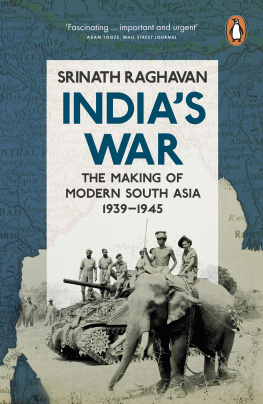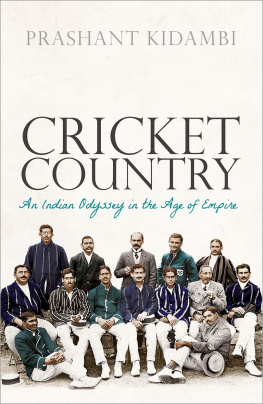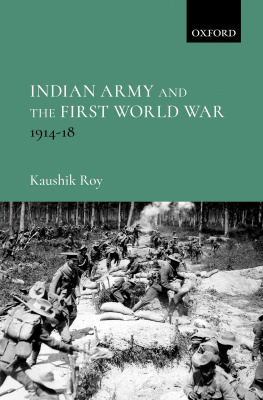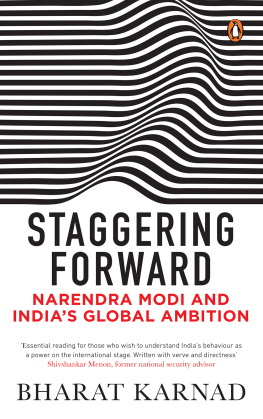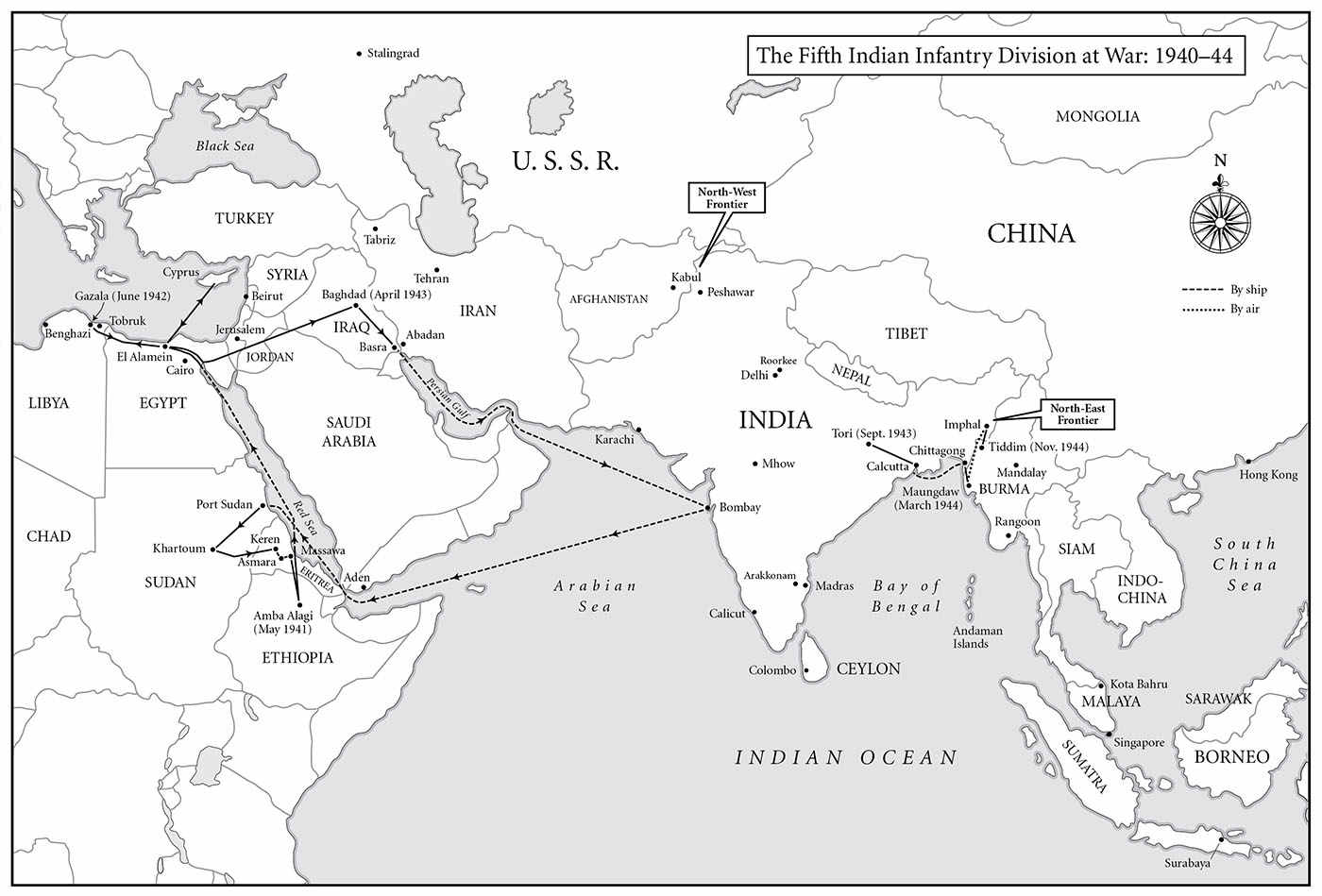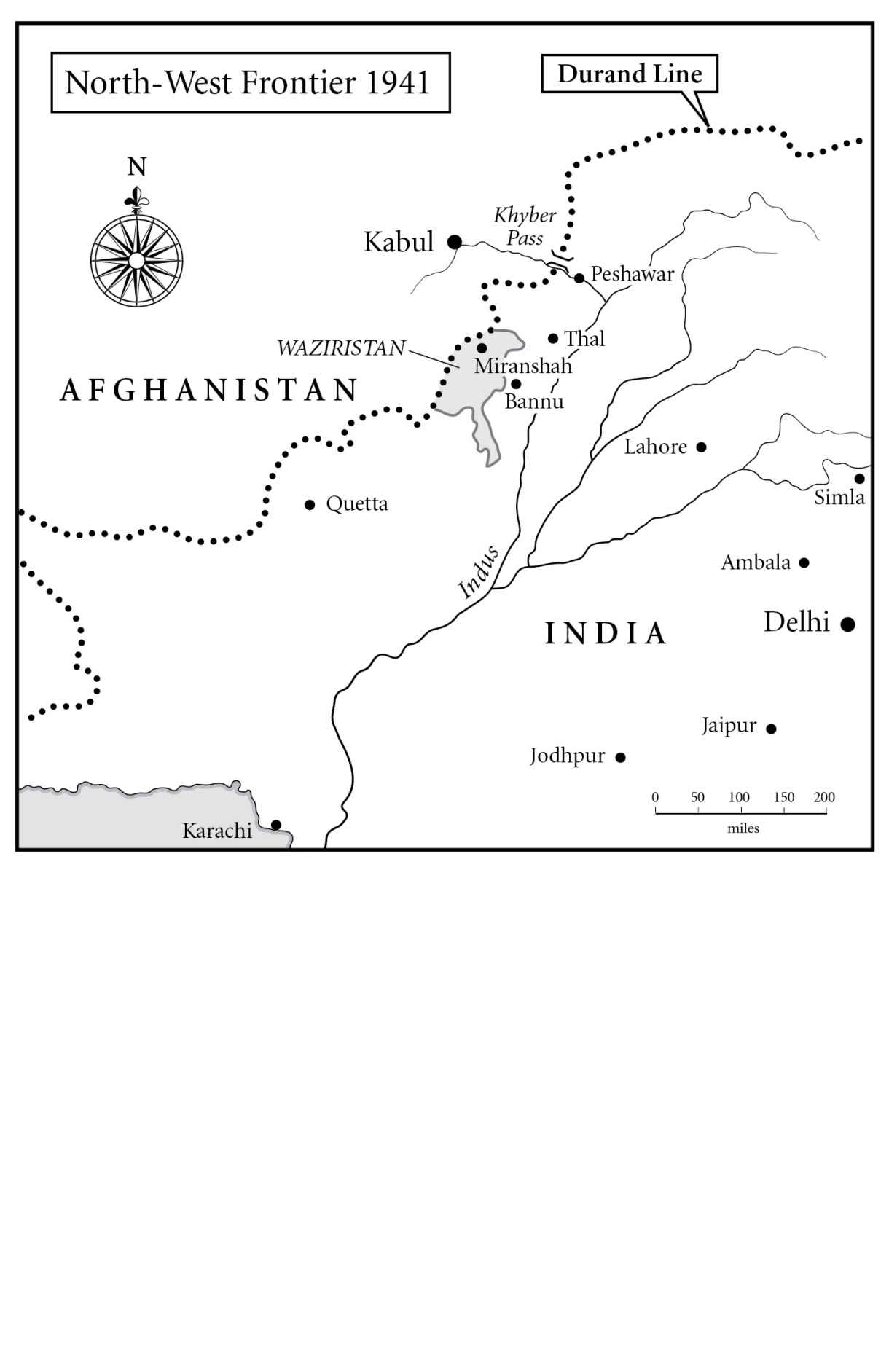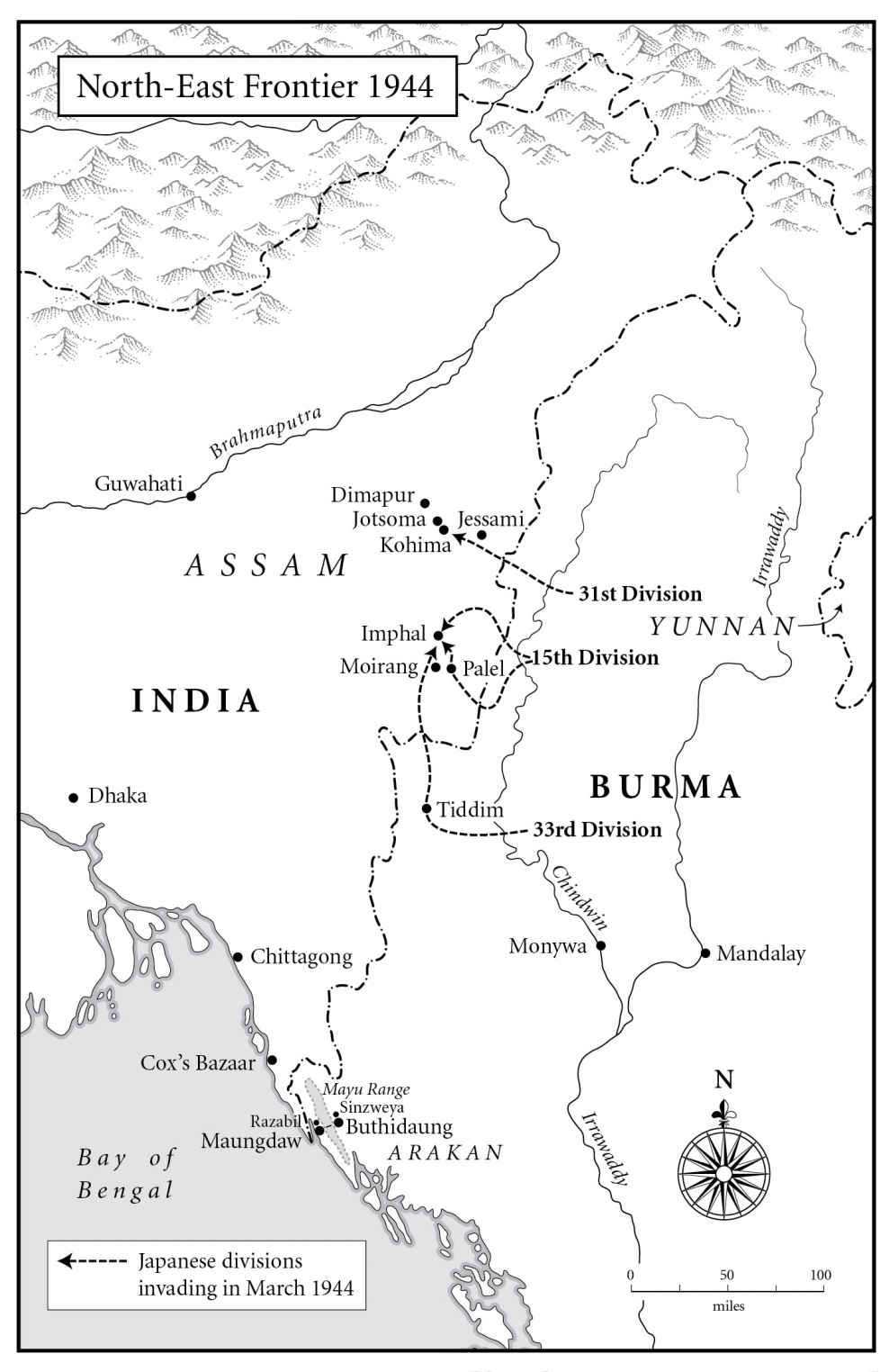Raghu Karnad - Farthest Field: An Indian Story of the Second World War
Here you can read online Raghu Karnad - Farthest Field: An Indian Story of the Second World War full text of the book (entire story) in english for free. Download pdf and epub, get meaning, cover and reviews about this ebook. year: 2015, publisher: W. W. Norton & Company, genre: Detective and thriller. Description of the work, (preface) as well as reviews are available. Best literature library LitArk.com created for fans of good reading and offers a wide selection of genres:
Romance novel
Science fiction
Adventure
Detective
Science
History
Home and family
Prose
Art
Politics
Computer
Non-fiction
Religion
Business
Children
Humor
Choose a favorite category and find really read worthwhile books. Enjoy immersion in the world of imagination, feel the emotions of the characters or learn something new for yourself, make an fascinating discovery.
- Book:Farthest Field: An Indian Story of the Second World War
- Author:
- Publisher:W. W. Norton & Company
- Genre:
- Year:2015
- Rating:5 / 5
- Favourites:Add to favourites
- Your mark:
Farthest Field: An Indian Story of the Second World War: summary, description and annotation
We offer to read an annotation, description, summary or preface (depends on what the author of the book "Farthest Field: An Indian Story of the Second World War" wrote himself). If you haven't found the necessary information about the book — write in the comments, we will try to find it.
The photographs of three young men had stood in his grandmothers house for as long as he could remember, beheld but never fully noticed. They had all fought in the Second World War, a fact that surprised him. Indians had never figured in his idea of the war, nor the war in his idea of India. One of them, Bobby, even looked a bit like him, but Raghu Karnad had not noticed until he was the same age as they were in their photo frames. Then he learned about the Parsi boy from the sleepy south Indian coast, so eager to follow his brothers-in-law into the colonial forces and onto the front line. Manek, dashing and confident, was a pilot with Indias fledgling air force; gentle Ganny became an army doctor in the arid North-West Frontier. Bobbys pursuit would carry him as far as the deserts of Iraq and the green hell of the Burma battlefront.
The years 193945 might be the most revered, deplored, and replayed in modern history. Yet Indias extraordinary role has been concealed, from itself and from the world. In riveting prose, Karnad retrieves the story of a single familya story of love, rebellion, loyalty, and uncertaintyand with it, the greater revelation that is Indias Second World War.
Farthest Fieldnarrates the lost epic of Indias war, in which the largest volunteer army in history fought for the British Empire, even as its countrymen fought to be free of it. It carries us from Madras to Peshawar, Egypt to Burmaunfolding the saga of a young family amazed by their swiftly changing world and swept up in its violence.
Raghu Karnad: author's other books
Who wrote Farthest Field: An Indian Story of the Second World War? Find out the surname, the name of the author of the book and a list of all author's works by series.

